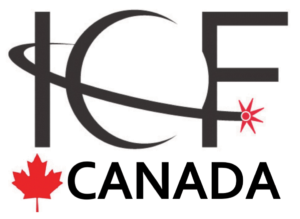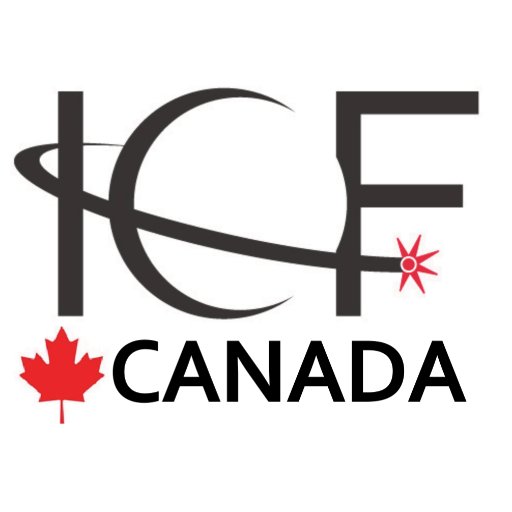
Featuring Kelowna, B.C. – one of ICF Canada’s Smart21 Community for 2018
Kelowna, B.C. is one of this year’s SMART21 Intelligent Communities. In an unprecedented list of eleven Canadian cities making this year’s SMART21 list, Kelowna is in good company across Canada and globally, along with its European, Asian, U.S. and Australian competitors. For a full list of ICF’s SMART21, see: http://www.intelligentcommunity.org/smart21 . Meeting ICF’s criteria for the SMART21 is only part of the year-long application process. The city will be competing for the TOP7 announcement with its other Canadian communities, to be awarded on February 8. But Kelowna is much more than just a name on a list. Let’s take a look at this community and see what makes up this community’s proposition as a Smart21 community.
Kelowna is the largest city in the tourist-oriented Okanagan Valley and one of the fastest-growing cities in North America. Its 127,380 people are largely employed in tourism, which spans all four seasons and brings more than C$1 billion per year into the region. It is also home to two post-secondary institutions with a combined student body of over 13,000 full-time students. With a dry, mild climate and scenic lake vistas, it is surrounded by provincial parks, pine forest, vineyards, orchards and mountains. It is, in short, a beautiful spot that is a long way from any place even close to its population size. This relative rural isolation has presented many challenges for Kelowna’s civic leadership, which it has decided to work on to improve the lives of its citizens. Through deployment of enabling technologies and breaking down barriers through improved community services, Kelowna has been demonstrating the spirit and commitment it takes to be a SMART21 community.
Smart Infrastructure
Kelowna operates a dark fiber network that connects city facilities and creates opportunities for improved efficiencies, thereby saving money for the community. It also offers 1 Gbps service on a leased basis to nonprofits, schools and private businesses. The benefits in terms of access to markets, knowledge and services are significant and growing. Its current focus is on underserved rural businesses and households. The city began network expansion in February 2017, using funding from the provincial Connecting British Columbia program. Most of Kelowna’s new residents come from other parts of Canada, and retirees over 65 make up more than 20% of the population. The Silver Surfers program connects seniors with Okanagan College students, who mentor them using an iPad to surf the web, take pictures, send email, use Facebook and connect with family and friends over applications like Facetime. Originally piloted in 2016, the program has matched 96 seniors with 40 student mentors. Before the program, participants reported connection with family members twice per month; they now are connecting an average of twice per week.
Creating a Knowledge Workforce
Kelowna projects that the local economy will demand 56,000 new workers in the next five years, but like most rural cities, it watches too much of its student population depart after graduation. To reverse this trend, the city and community groups in 2012 created the Okanagan Young Professionals Collective (OPY), an umbrella organization that fosters and supports young professional groups engaged in volunteer, social, professional, sports, arts and cultural activities. One example is Motionball, which builds awareness and raises funds for the Special Olympics Canada Foundation. Motionball aims to introduce the next generation of volunteers and donors to the Special Olympics through social and sporting events that put fun into giving. It was one of the founders of OYP. Through 2017, OYP has raised over $360,000 in funds and services and persuaded local companies to contribute more than 3,500 volunteer hours of accounting, web development and business planning services to local nonprofits. Employers in the region have begun using OYP as a tool in their efforts to recruit young professionals from outside the region – and the results are showing. Kelowna’s census district has experienced growth above the provincial average in 30-34 year olds since 2011, and the increase in the number of children has been more than double the average for the province.
Foundations of an Innovation Economy
Today’s young professionals tend to be entrepreneurial, and the community has begun building the infrastructure to support a startup economy. A group of local entrepreneurs, community and civic leaders set a goal in 2014 of creating 10,000 technology jobs within 10 years. Their ambitions gave rise to the Okanagan Center for Innovation, a partnership among the city, the province, the Federal government and a local tech entrepreneur. The Center offers commercial space at market rates to companies, and publicly-supported spaces and services to startup and early-stage companies, community members and social enterprises. Since the opening of the 105,000 square-foot (9,700 m2) building in May 2017, all 48 desks in the publicly-supported section have been rented and 34 companies have joined an acceleration mentorship program. Atrium Ventures, an entrepreneur-led venture capital firm funded in part by government, has an office in the building and provides access to a direct investment pool.
Investing in Climate
As a low-density community, Kelowna residents depend heavily on private automobiles, and road transportation accounts for more than 65% of greenhouse gas emissions in the city. The city’s Climate Action Plan seeks to compensate with an aggressive tree-planting program in Kelowna’s natural parks as well as upgrades to city-owned heating, lighting and waste-water treatment facilities. A landfill gas purification plan is reducing 3,000 tonnes of carbon dioxide emissions per year while providing a renewable resource for provincial gas customers. This is one aspect of a broader “Imagine Kelowna” project, which engages the public in helping to plan the community’s future for the next 25 years. Kicking off in May 2016, the project attracted hundreds of inputs online, through the mail and in community events and workshops. It envisions a future with fewer cars and more public transportation options, and the creation of vital urban centers with housing for all income levels, to take the place of urban sprawl. A diverse and inclusive economy, built on a culture of entrepreneurship, will address the community’s economic and social challenges. Kelowna approaches the future with important assets: a successful tourism industry, a growing population and the outlines of a broadband-powered, innovation-driven economy. Its success will be determined by how it fills in those outlines and how it ensures that the benefits of tech-based growth reach far and wide across the community. For more on Kelowna, see: www.kelowna.ca.
![]()
![]()
Want to have a voice in iCommunity.ca, the official newsletter of ICF Canada? Please send your blogs, announcements and other interesting content to John G. Jung at [email protected]

ICF Canada 1310-20 Bay Street Toronto, Ontario M5J 2N8 www.icf-canada.com
Contact: John G. Jung at [email protected] 1-647-801-4238 cell
Want to change how you receive these emails?
You can update your preferences or unsubscribe from this list
